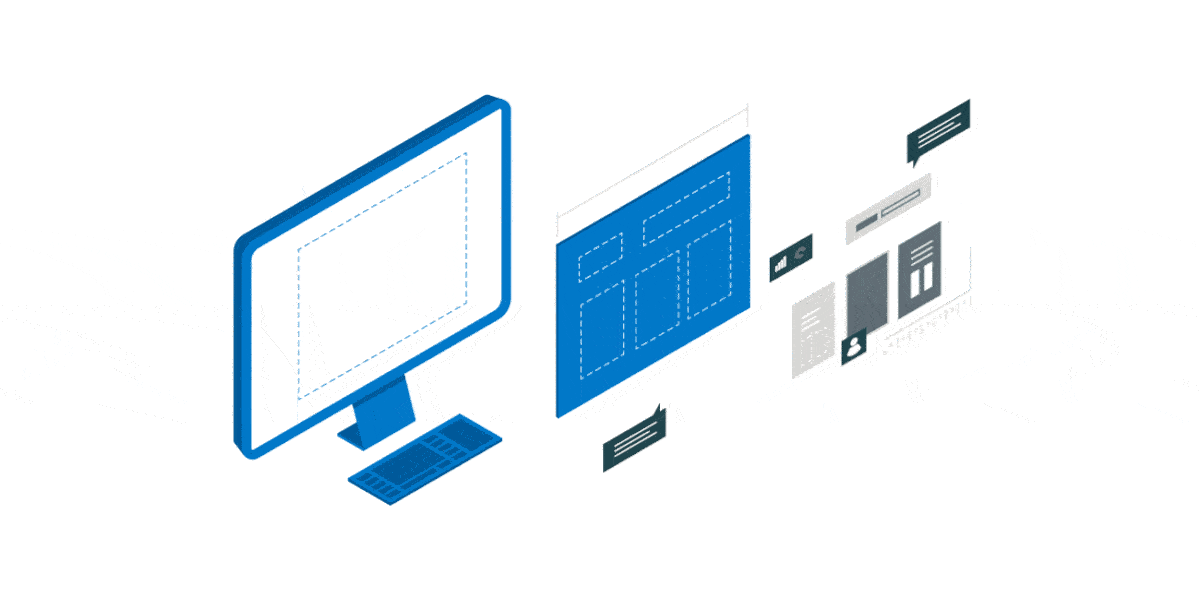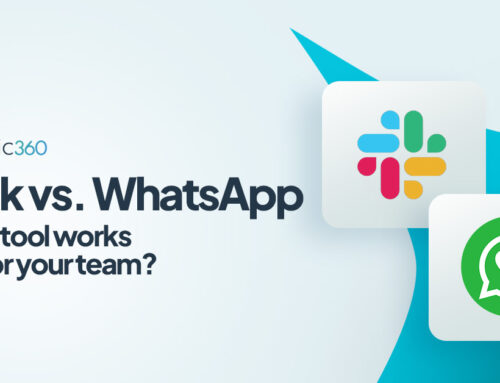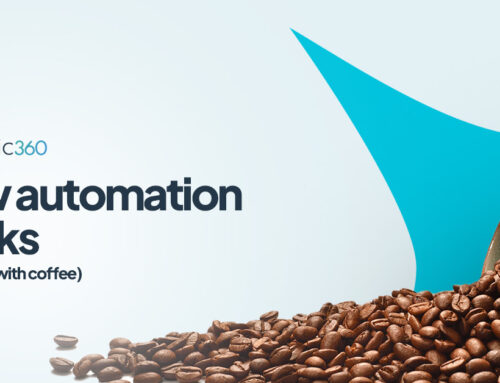Are you struggling to keep track of your customer interactions and finding yourself missing opportunities to build relationships with them? In this editor’s choice article, we’ll explain the benefits of the Customer Relationship Management (CRM) systems to help you organize and automate your sales, marketing, customer service, and technical support processes, making it easier to manage interactions. By providing a 360-degree view of your customers, you understand their needs and preferences, enabling you to provide personalized experiences that meet their expectations.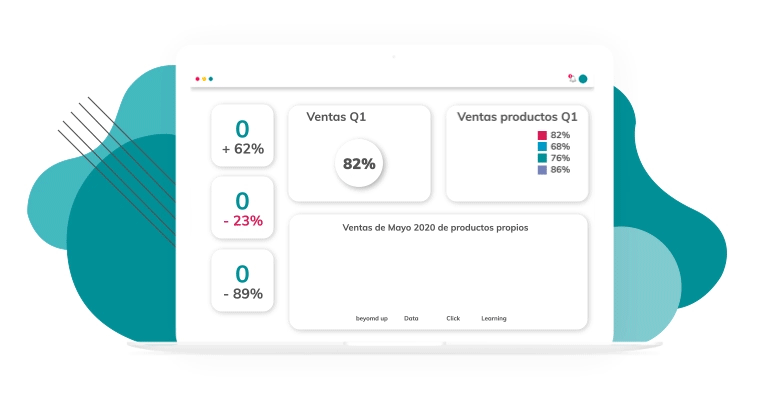
Enhance your business and strengthen customer relations with a CRM strategy
With a CRM system, you can streamline your sales processes, automate administrative tasks, and focus on what you do best: building relationships and closing deals. You can also create targeted marketing campaigns that are more likely to be effective, based on insights from customer data.
If you’re looking to enhance your customer service, a CRM can help you respond quickly to their inquiries and resolve issues more efficiently, providing a higher level of service overall. Plus, with better collaboration between teams, you can ensure everyone is on the same page when it comes to serving your customers and achieving the best score in customer relationship management.
Revolutionize your Customer service with a top-rated CRM system
Transform the way you interact with your customers by tracking interactions and history. This makes it easier to resolve issues quickly and efficiently, leading you to enhance satisfaction, and increase loyalty and customer retention rates.
A CRM can help optimize various customer service operations, including:
- Case Management: managing and tracking customer service inquiries and requests, including call center interactions, email, chat, and social media.
- Knowledge Management: providing customer service representatives with access to relevant information and resources, such as product information, FAQs, and previous customer interactions.
- Reporting and Analytics: generating insights into customer behavior, preferences, and feedback, and tracking key performance metrics such as response time and resolution rate.
- Personalization and Automation: delivering personalized customer experiences, such as targeted messaging and self-service options, and automating repetitive tasks to improve efficiency.
- Collaboration and Communication: enabling customer service teams to work together and share information, as well as communicate with other departments, such as sales or marketing.
Maximize your campaign impact with effective segmentation strategies.
We are used to associating CRM with sales, but marketing also plays a crucial role in maintaining customer relationships. When you have software that integrates sales and marketing processes, you can follow the customer’s journey through the entire funnel.
Companies no longer need to be passive, just waiting for a potential customer to make contact: they can take the initiative with strategies and business objectives built on the disruptive, fast-paced, and ultra-connected reality we are living in.
 Personalized Marketing: you can collect and store customer data such as their purchase history, demographics, and interests. This data can then be used to personalize your marketing efforts, tailoring your messages to each customer’s specific needs and preferences. Personalized marketing can increase customer engagement and loyalty, as customers feel valued and understood by your brand.
Personalized Marketing: you can collect and store customer data such as their purchase history, demographics, and interests. This data can then be used to personalize your marketing efforts, tailoring your messages to each customer’s specific needs and preferences. Personalized marketing can increase customer engagement and loyalty, as customers feel valued and understood by your brand.
- Improved Customer Communication: manage customer communication across various channels (email, social media, and SMS). This ensures that you are consistently engaging with your customers and responding to their needs promptly. Additionally, a CRM system can help you automate certain communication tasks, freeing up your team’s time to focus on other important tasks.
- Sales Funnel Optimization: by tracking and analyzing customer data, you can optimize your sales funnel. Identifying areas where customers are dropping off and making adjustments to improve their journey. This can lead to increased conversion rates and revenue.
- Team Collaboration: all customer data is stored in one place, making it easily accessible to all team members. This can help teams work together more efficiently and effectively, improving overall productivity.
- Customer Retention: improve customer retention by analyzing data. You can identify customers who may be at risk of leaving and take action to prevent it. For example, you could offer them special promotions or rewards.
Unlock the power of social media and boost customer engagement

In today’s digital age, social media has become an integral part of our lives. People use social media to connect with friends, family, and colleagues. Businesses have also recognized the potential of the social networks for customer relationship management.
- Improve your customer engagement: social media is an excellent platform to engage with your customers more effectively and efficiently, which can lead to improved satisfaction and loyalty.
- Monitor your brand reputation: social media is a powerful tool to build your brand reputation. However, it can also be a double-edged sword, as negative comments or reviews can quickly spread across social media platforms. CRM for social media can help you to have prompt responses to these issues.
- Analyze your customer behavior: to better understand your customers, you can analyze their behavior and preferences using the wealth of data provided. By using CRM for social media, you can tailor your marketing strategies to improve customer satisfaction.
By centralizing customer data, improving communication, and automating certain tasks, you can save time, increase efficiency, and provide better service to your customers with Salesforce software. So if you want to start using the best CRM, contact Salesforce partners like Xentric 360, and we will advise you on the best Salesforce solution for your business.


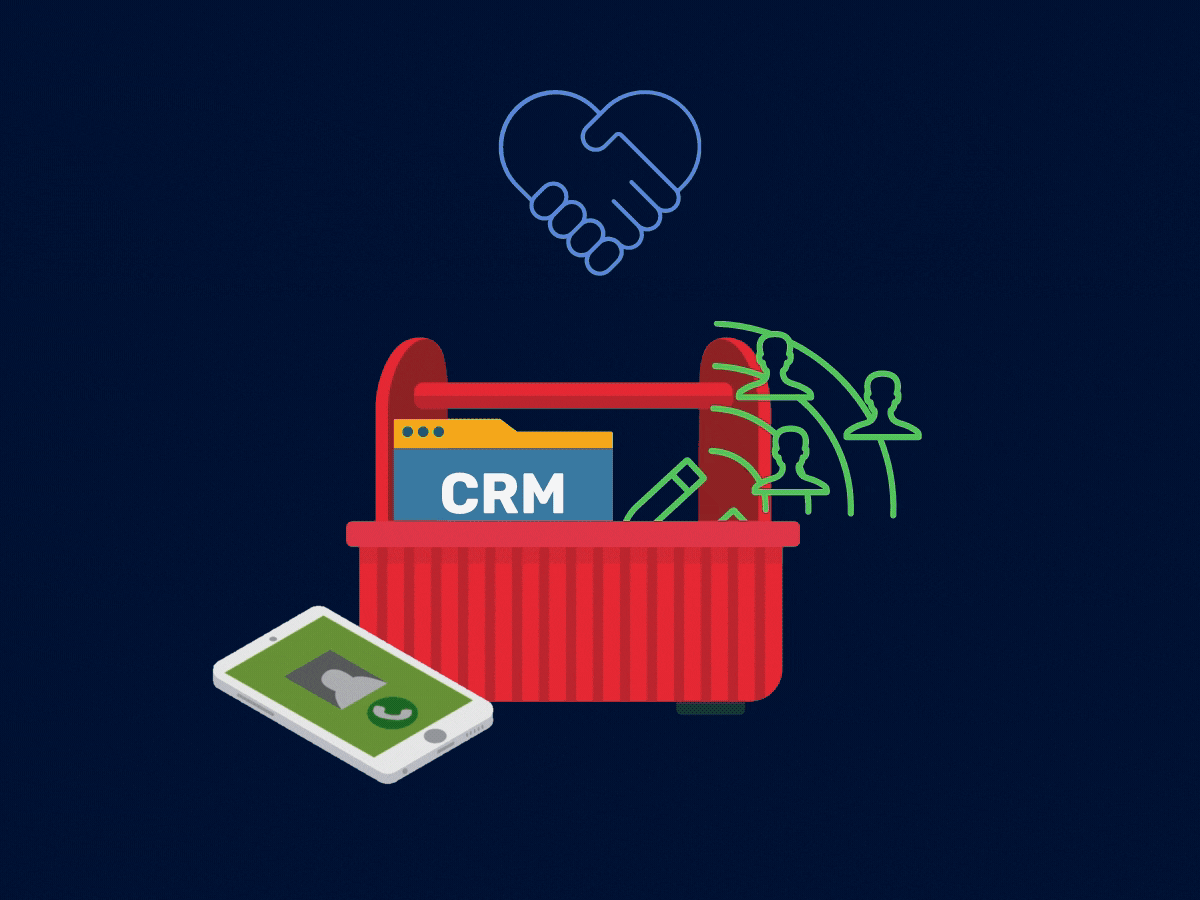 Personalized Marketing:
Personalized Marketing: 